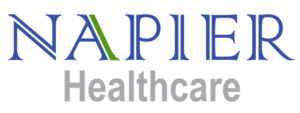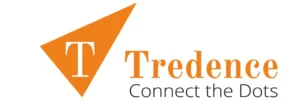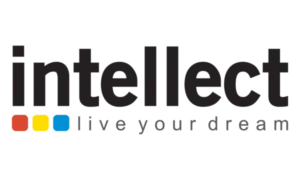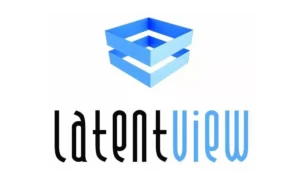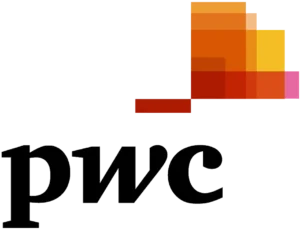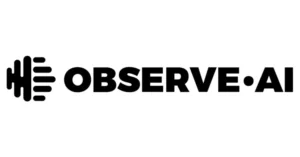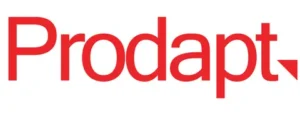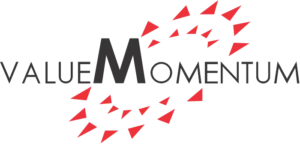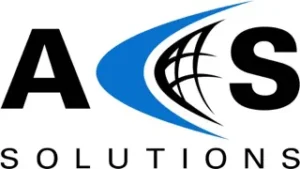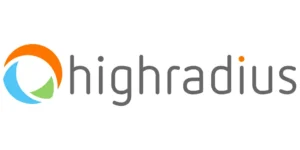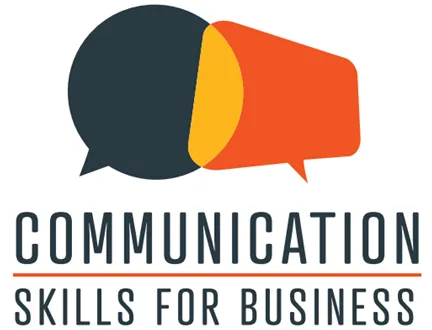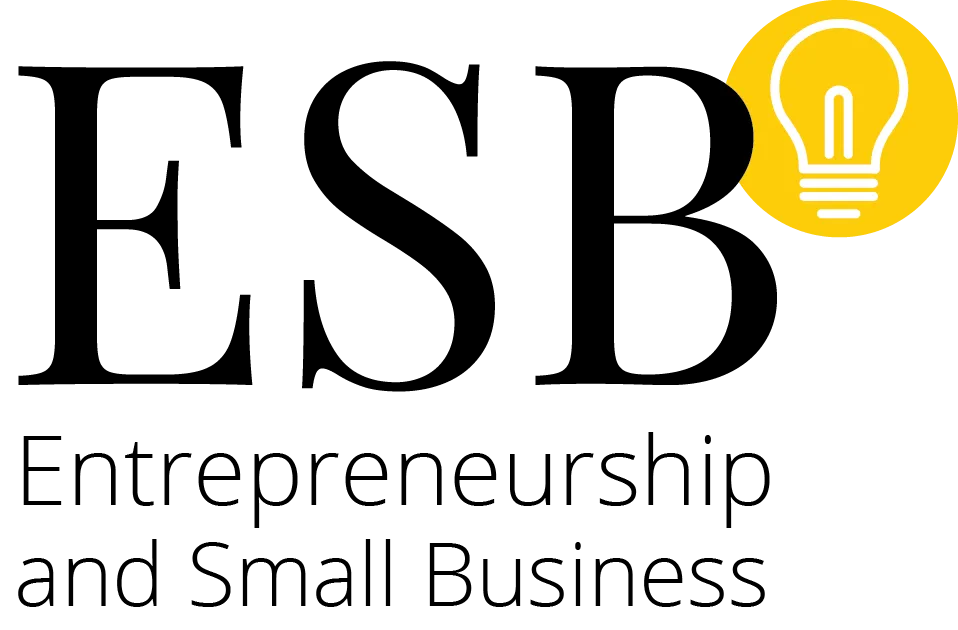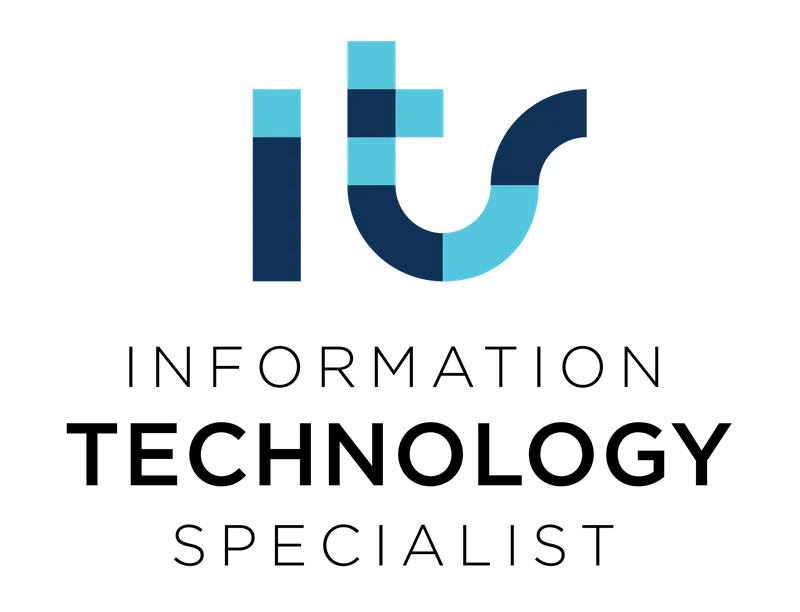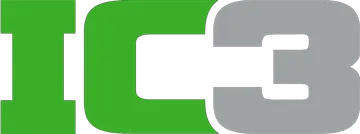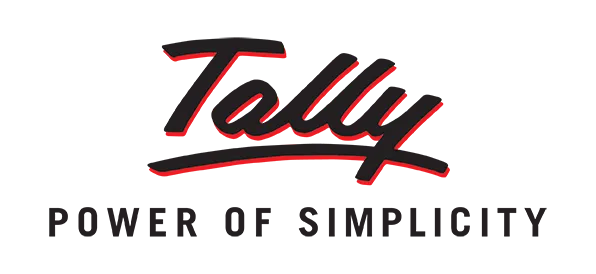Our Dot Net Full Stack Training in Chennai will make students learn some of the most in-demand concepts in Dot Net Full Stack such as – HTML, BootStrap, JavaScript, CSS, C# Dot Net, ASP Dot Net, ADO Dot Net, SQL Server, MVC Framework etc. This curriculum will surely make students experts in the concept of Dot Net Full Stack in a shorter span of time. Our Dot Net Full Stack Course with 100% placement support is curated with the help of leading experts from the IT industry, which makes our Dot Net Full Stack Course up-to-date in accordance with the latest trends.
Our SLA Institute is guaranteed to place you in a high-paying Full Stack Developer and other Dot Net Full Stack related jobs with help of our experienced placement officers. SLA Institute’s Course Syllabus for Dot Net Full Stack covers all topics that are guaranteed to give you a complete understanding of the Dot Net Full Stack Course in Chennai.

